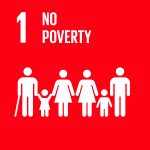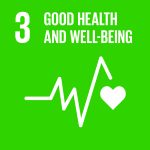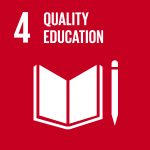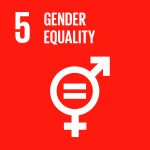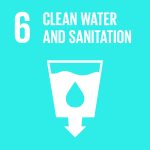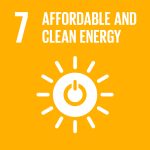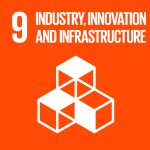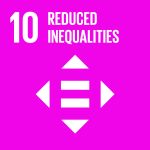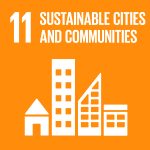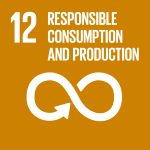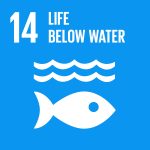Esta web utiliza cookies para que podamos ofrecerte la mejor experiencia de usuario posible. La información de las cookies se almacena en tu navegador y realiza funciones tales como reconocerte cuando vuelves a nuestra web o ayudar a nuestro equipo a comprender qué secciones de la web encuentras más interesantes y útiles.
SDGs Ambassador Programm at Universität Hamburg
Description
Institution
Organizations/areas of the university involved
Center for a Sustainable University (KNU), all faculties of Universität Hamburg
Country
Germany
The SDGs serve as framework for Universität Hamburg’s (UHH) general strategy and the work of the UHH Center for a Sustainable University (KNU) in particular, that has launched an “Ambassador Program” for the SDGs. In order to promote research and networking on SDGs-related topics, interdisciplinary UHH researcher teams according to each SDG were built.
The KNU in general provides projects to enhance organizational development towards SD. The SDGs Ambassador Program is one example of how the SDGs are implemented as a framework for reference and discussion at UHH. The SDGs Ambassador Program hopes to achieve several objectives:
1) to raise awareness for the SDGs, their targets and challenges among the members of UHH by setting up the program
2) to acknowledge SDGs-related research work that has already been done by members of UHH by awarding them to be an ambassador for one of the SDGs
3) to foster new interdisciplinary initiatives and research projects that explicitly incorporate the SDGs by bringing researchers from several academic disciplines together that refer to the same SDG-topic
Steps to implement the SDGs Ambassador Program at UHH were intense project planning and management, including the identification of UHH researchers and other members that already are engaged in SDGs-related work, organizing for a certificate and an awarding ceremony for the “ambassadors”, and providing seed money as well as administrative support for the ambassador teams, for example.
Results and impact measured or expected
Expected results in terms of UHH organizational development: Raise attention for sustainability-related research and enhance scientific debate as well as teaching on the SDGs. Especially intensified networking is an expected result of the program: Researchers are implementing sustainability projects together, swap ideas within SDG teams and with other teams as well as with externals. Moreover, the transfer of ideas of how to address the SDGs at UHH in the long run is hopefully improved by the program. The impact will be measured by monitoring research projects and networking activities that arise out of the ambassador teams.

Connection with the SDG framework
Connection to SDG framework is obvious: The Ambassador Program explicitly refers to the SDGs. In addition to the objectives of the program mentioned above focusing on researcher teams for each of the SDGs separately, interrelations of all of the SDGs, possible conflicts between them and cross-cutting challenges (e.g. topics of behavior change; avoiding rebound effects etc.) are discussed and addressed
Barriers and follow up
Experiences in implementing the SDGs Ambassador Program at UHH show that program preparation and management play a crucial role. Time and other resources have to be allocated to the program to ensure effective identification and support of the ambassadors.
Next steps planned are further networking events to encourage the ambassador teams to launch their own SDG-related projects at UHH; to provide an UHH digital/online infrastructure to facilitate collaboration within and across the teams; to intensify work that is explicitly taking into account the 169 targets and the challenges of coherence between them.
Education 4 SDG funciona gracias a WordPress
